Scaling breakthrough climate technology is no small feat, particularly for startups navigating uncharted waters with FOAK projects. David Gory, Co-Founder and CEO of Airbuild, discussed how his team is balancing technological validation, capital strategy, and stakeholder alignment to deploy and scale their technology.
Scaling from Pilot to Commercial Scale
Airbuild’s roadmap is broken into three stages: Pilot, Demonstration, and Commercial Facility. Each phase builds upon the last, emphasizing proof of performance, scalability, and market readiness.
- FOAK Pilot: Airbuild’s prototype has logged over 800 hours at the University of Massachusetts, validating core functionalities like water filtration, CO2 capture, and biomass generation. The next milestone for their biopanel involves a small-scale pilot at Sweet Farm, NY, which showcases their technology’s functionality and energy generation.
- FOAK Demonstration: Airbuild plans to scale from 52 gallons to 5,200-gallon capacity pods, capturing 550 tons of CO2 and filtering 600,000 gallons of water per hectare per year and through pyrolysis, turning the algae biomass into biochar for permanent storage. Their demonstration project on 3 acres in Green River, Utah, will serve as a precursor to scaling up to 15 acres. This phase will evaluate large-scale performance, logistics, and value-added outputs like biochar.
- FOAK Commercial Facility: The ultimate goal is a 37-acre bioremediation deployment in Green City, Utah, integrating modular pod arrays for continuous water purification, carbon capture, and biochar production. This phase will demonstrate long-term viability, environmental impact, commercial scalability, and cost-effectiveness.
Funding FOAK Projects
Securing funding for FOAK projects requires de-risking technology while appealing to diverse funder profiles. Airbuild has tapped multiple sources, from government grants to private investment, with each funder scrutinizing different risk factors:
- Technological Risk: Will the solution perform outside the lab?
- Market Risk: Is there a clear pathway to commercialization?
- Financial Risk: Are cost structures and cash flow projections viable?
- Operational Risk: Can supply chains and infrastructure support scaling?
- Regulatory Risk: Does the project comply with evolving regulations?
To de-risk the business, Airbuild is focused on validating the complexities and demonstrating proof of concept. However, the largest validation is a paying customer, hence their push for offset verification and pre-purchase agreements.
For deep-tech startups, capital often comes from issuing equity. Airbuild acknowledges the aggressive dilution involved in early-stage funding. However, this tradeoff was instrumental in building their prototype and securing initial grants.
Airbuild is pursuing a hybrid funding strategy to avoid further dilution, combining grants (non-dilutive), equity, and potential green bonds. Public-private partnerships have unlocked local, state, and federal grants, particularly with the Utah Port Authority and the Green River community. Equipment financing is another promising avenue which would reduce upfront capital needs.
Additionally, Airbuild is exploring the path of green bonds. Though many green bond financiers hesitate to fund FOAK projects, demonstrating success at Green River will enable them to approach lenders with a validated business case.
Identifying Strategic Partners
Securing commercial partners requires aligning on mutual goals. Airbuild has focused on addressing urgent, visible problems to create win-win partnerships. David emphasized, “Never undersell the value of understanding a customer’s problem”. He and Richard have personally experienced the real-world impacts of polluted rivers on communities and witnessed the costly price tags for bioremediation, with Paris-Seine River being the most recent. This firsthand perspective drives their mission. Customers are typically looking to save time or money and tend to be more open to FOAK solutions when these innovations effectively address those priorities. Their pitch to Green River, a heavily polluted waterway with e-coli making the river water undrinkable, unswimmable, and unfishable, resonated by combining environmental impact with community economic growth. Airbuild secured 37 acres for deployment in exchange for a no-cost bioremediation solution.
Lessons for Entrepreneurs
Airbuild’s FOAK journey underscores several takeaways:
- Prototype Validation is Key: Early technical validation unlocks grant funding and builds investor confidence.
- Diverse Capital Stacks Mitigate Risk: Blending grants, equity, and financing spreads financial risk and ensures flexibility.
- Local Partnerships Matter: Collaborating with municipalities and academic institutions can bolster credibility and unlock resources.
- Dilution is a Stepping Stone: Strategic equity trades in early stages can pave the way for greater opportunities.
As Airbuild moves towards commercialization, their path offers a guiding light for startups seeking to tackle global climate challenges with bold, scalable solutions.

